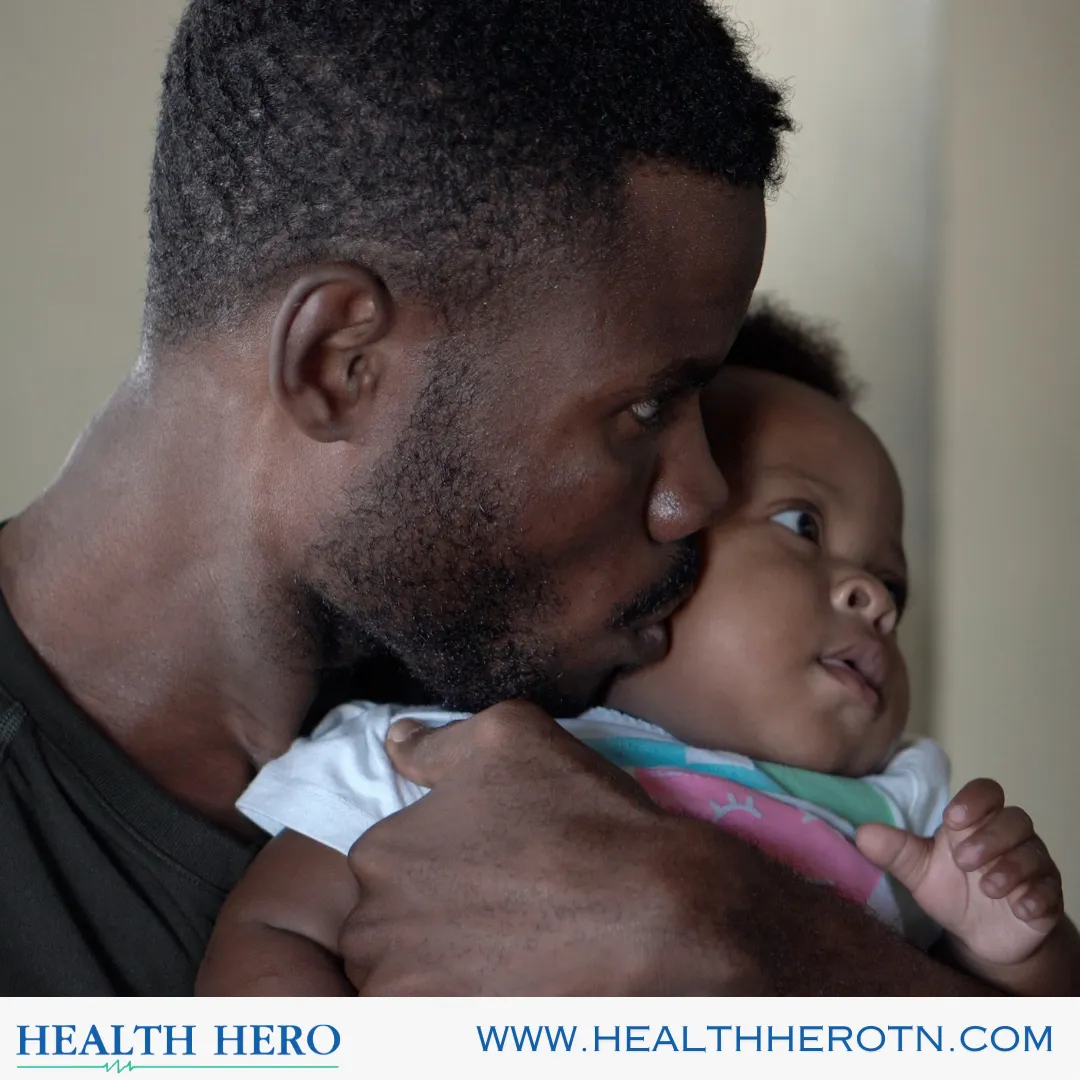Photo by TopSphere Media on Unsplash
The health and safety of your family is of the utmost importance, especially for first-time parents. Mothers want to feel confident when welcoming someone new into their family, and they can do that by maintaining their health. Vaccinations play a significant role in ensuring your newborn gets the best start in life. A recent study published in JAMA Pediatrics sheds light on the profound impact of maternal flu vaccination on the well-being of infants.
The study, conducted by the New Vaccine Surveillance Network Collaborators, resulted in findings regarding maternal flu vaccination and severe flu-related outcomes among infants younger than 6 months. Spanning multiple flu seasons from 2016 to 2020 across seven states, the research analyzed data from over 3,700 infants. The collected data provided valuable insights into the effectiveness of maternal flu vaccination.
One of the standouts of the study is the reduction in flu-related hospitalizations among infants born to vaccinated mothers. The research found there was a 39% lower risk compared to infants of unvaccinated mothers. Vaccine effectiveness was observed in various degrees, including a 34% reduction in overall severe outcomes, a 25% decrease in influenza A cases, and a 47% decline in influenza B infections among infants.
The study also found that vaccine effectiveness reached 53% among infants younger than 3 months, 52% among mothers vaccinated in the third trimester, and 17% among those whose mothers were vaccinated in the first or second trimester.
These findings spotlight the incredible connection between maternal vaccination and infant health. Pregnancy is notorious for weakening the immune system to support the growing baby. The body can consider the baby a biological invader because it shares genetic material from both parents. This results in a greater risk of catching something and getting sicker. Getting vaccinated not only shields the pregnant individual but also protects the developing fetus.
The timing of getting vaccinated is also crucial for the development and growth of the baby. The CDC recommends getting a flu vaccination in September or October. Consider early vaccination in July or August, especially in the third trimester. This schedule is similar to the Tetanus, Diphtheria, and Pertussis (Tdap) vaccine, which should be administered on the 27th to 36th week of pregnancy. The RSV vaccine is recommended on weeks 32 through 36 of pregnancy or during the baby’s first RSV season, which is optimal.
The study outlined clearly indicates the benefits of material vaccination during pregnancy. However, despite these facts, maternal vaccination coverage remains low globally. There are many factors to this; the leading cause is vaccine hesitancy among pregnant women. Most of the hesitancy is caused by myths and misinformation. Pregnant women should seek guidance and opinions from their doctor to ensure the correct information is relayed and they can address any concerns about vaccination. Getting vaccinated during pregnancy is pivotal in maintaining the health and safety of your family.
. . .
Sources:
Centers for Disease Control and Prevention: Vaccines and Pregnancy: Things to Know
National Library of Medicine: Maternal vaccination — current status, challenges, and opportunities


